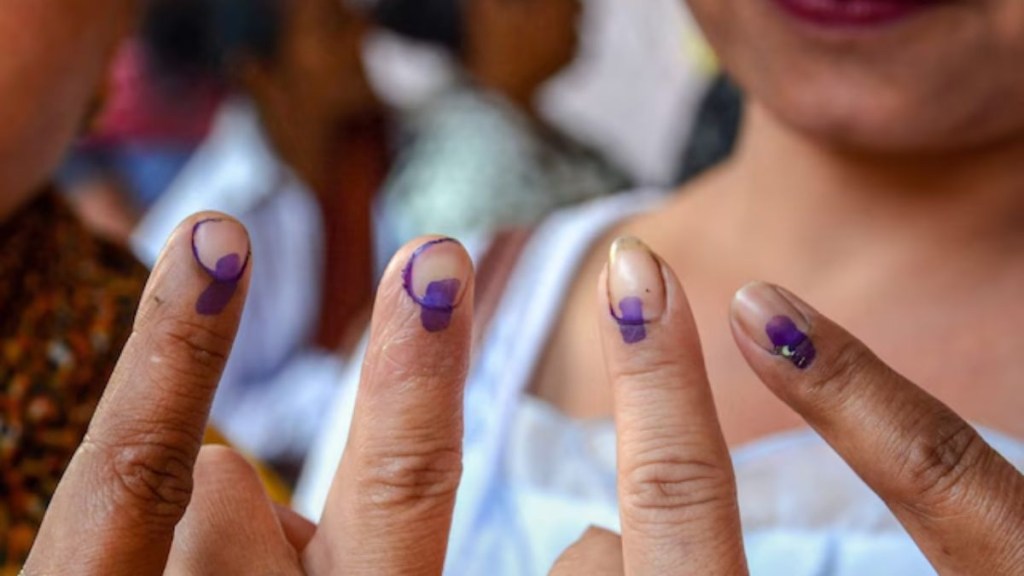As the Lok Sabha elections are underway across India, various infrastructural challenges are disrupting the voting plans of citizens. From train cancellations to water scarcity, several issues are impacting voter turnout and the overall electoral process in the country.
Despite these hurdles, citizens remain resilient and determined to participate in the democratic process. The Election Commission also unveiled the final figures for the first and second phases of the voting, indicating turnout rates of 66.1% and 66.7%, respectively, a few days post the completion of polling.
Train cancellations in Assam’s Barak valley
In Assam’s Barak Valley, a significant number of voters travelling to cast their votes on Friday in the 18th Lok Sabha elections were affected by the cancellation of nine trains and the termination of seven others on Thursday night and Friday morning.
Voting for the two Lok Sabha seats in Assam’s primarily Bengali-speaking Barak Valley — Silchar and Karimganj — was underway on Friday. Since many voters from the area work or study elsewhere, they were traveling to ensure they could cast their votes.
However, on Monday night, the North East Frontier Railways announced the cancellation of six trains traveling to Silchar and Badarpur in Karimganj due to the derailment of a goods train’s engine in the hilly area of Jatinga Lampur and New Harangjao. These disruptions forced some to find alternative transportation by road to reach their polling stations on time, while others were unable to travel at all.
Water crisis in India’s Silicon Valley
Furthermore, dire water shortages, gridlocked roads and poor civic facilities are significant concerns among Bengaluru city residents as they went out to cast their votes in Friday’s general election, which is primarily focused on jobs, inflation, and Hindu nationalism.
The southern city, with a population of about 14 million people and the capital of Karnataka state, is often referred to as “India’s Silicon Valley.” Bengaluru voted in the scorching summer heat in the second phase of the world’s largest election, which is scheduled to continue until June 1.
The city’s challenges have been a focal point of the election campaign, where Prime Minister Narendra Modi’s Bharatiya Janata Party (BJP) and the main opposition Congress, which governs Karnataka state, are in direct competition.
“The Congress government in Karnataka has turned the tech city into a tanker city and left it to the tanker mafia,” Modi stated in Bengaluru earlier last week, referring to the water tankers being used after taps dried up. In response, Congress blamed the BJP, which previously governed the state, for the water scarcity.
These challenges highlight the need for improved infrastructure and better planning to ensure smooth conduct of elections and higher voter turnout.
Heat is lowering voter turnout
Meanwhile, parts of Maharashtra, Odisha, West Bengal, Karnataka, Uttar Pradesh, Andhra Pradesh and Bihar are facing scorching summer heat as IMD issues a ‘Severe Heatwave Alert’ for several parts of the country.
Notably, the voter turnout saw a decrease of around 3 per cent compared to the 2019 figures for the seats that voted in phase 2, and a dip of 4.5 per cent seen in the first phase on April 19.

